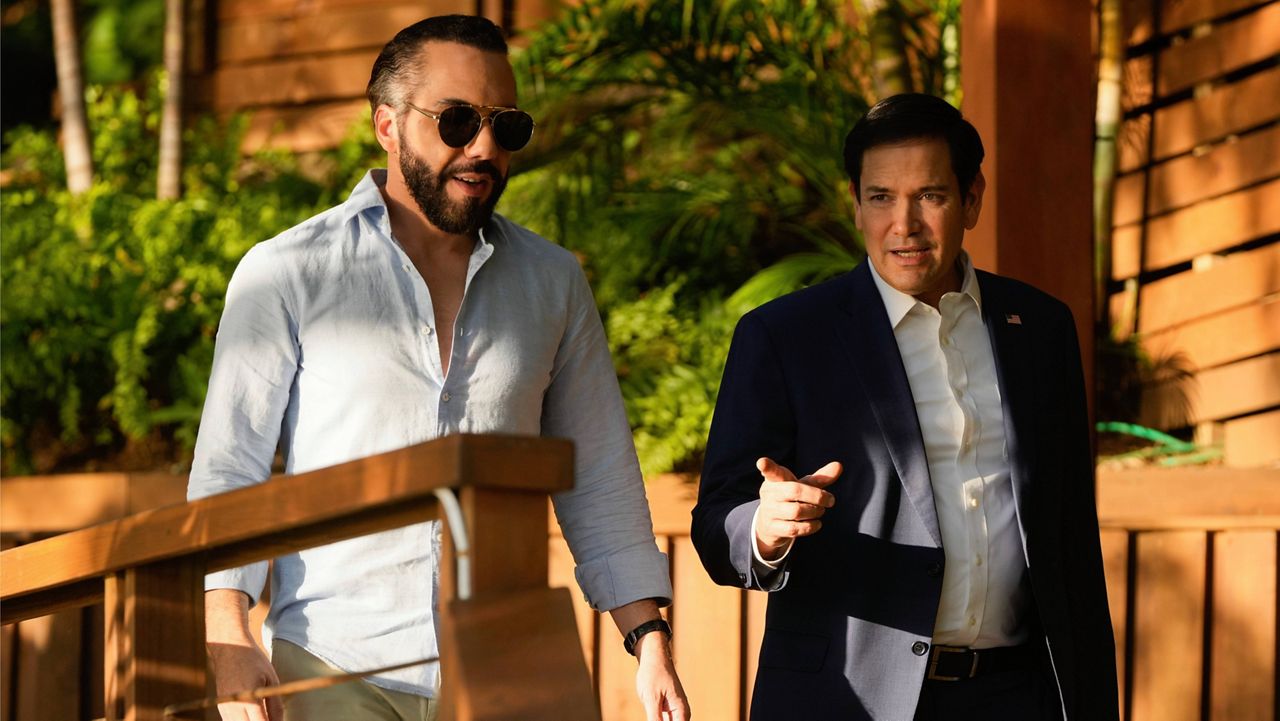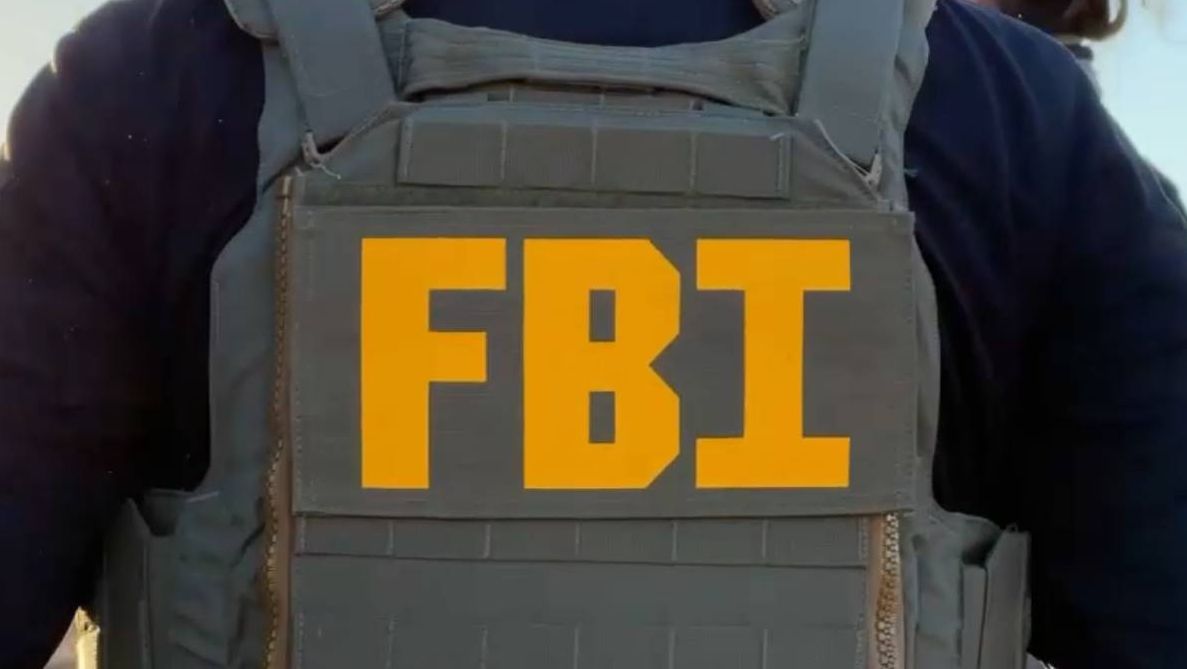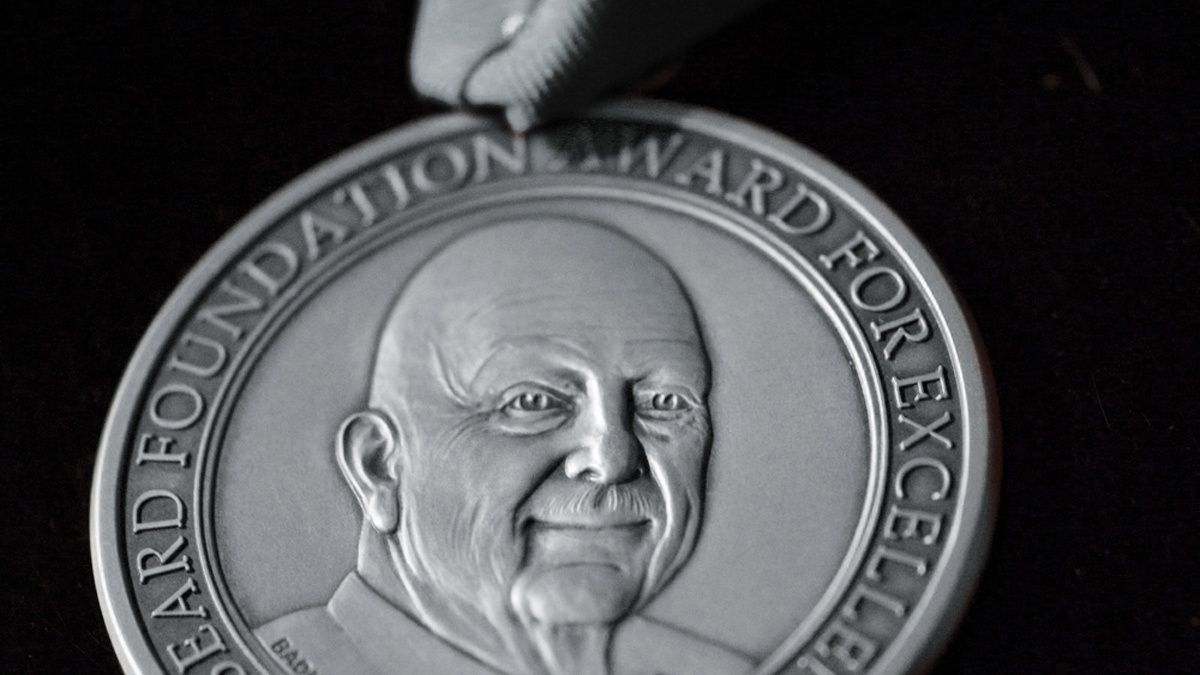AUSTIN, Texas — A group of neighbors, activists and educators is fighting against a ballot measure that would swap protected park property on East Austin’s waterfront, which is home for many Hispanic families, for private development.
What You Need To Know
- Prop B would allow private developers to bid for a nine-acre city park department property to swap for at least 48 acres of parkland elsewhere
- Grow Austin Parks PAC confirms that Oracle America came up with the land swap proposal to expand its headquarters, which is the neighbors' maintenance complex
- Opponents of the proposition say communities of color in the area will be most impacted by the further development of private businesses
- The parks department has spent 19% of a $149-million bond for park acquisitions and improvements
WHAT IS PROP B?
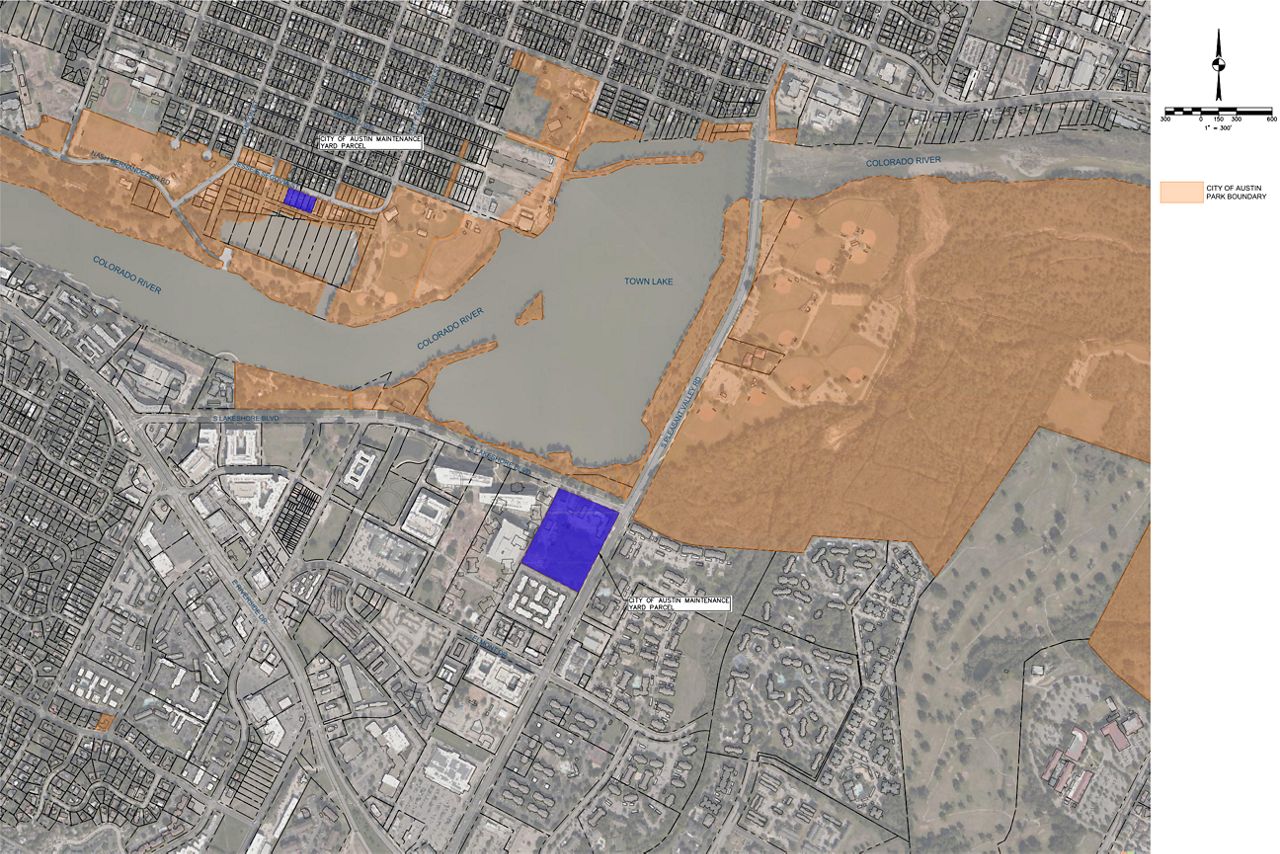
Proposition B, if passed, would sell the nine acres of the city park department’s central maintenance complex on South Lakeshore Boulevard to the highest bidder.
The city claims the exchange would include least 48 acres of waterfront land elsewhere, the cost of a new maintenance facility, removal of the Fiesta Garden’s maintenance yard across the shore and restoration of that property to parkland, all at no cost to the city.
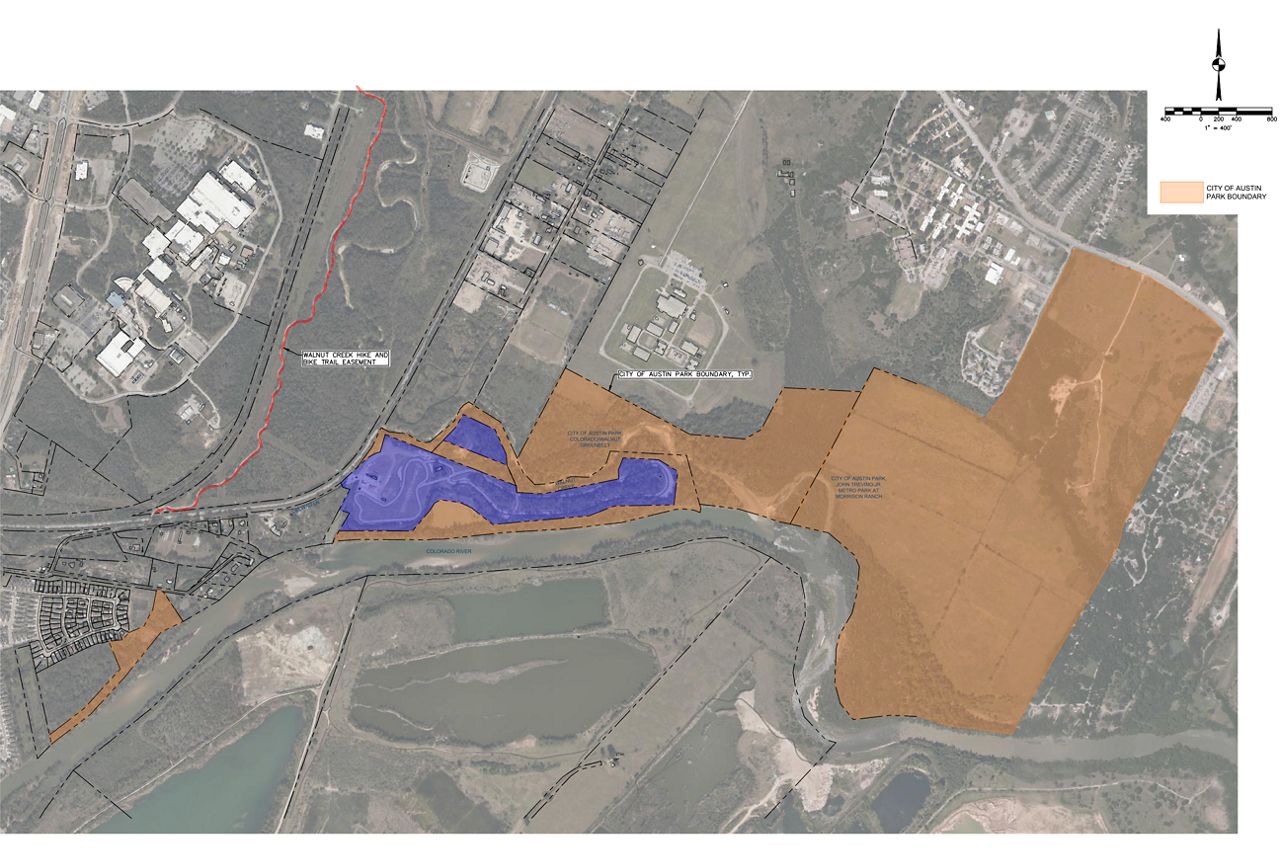
The proposed land the city is considering swapping is Driveway Austin Motorsports, which is about five miles northeast of the lakeshore property.
Eight city council members approved the measure. There’s a long list of environmental groups, foundations and city leaders that support it.
THE OPPOSING SIDE
While some say this deal is a steal, opponents say the most vulnerable communities will be paying the price if Prop B passes.
Residents who live near the proposed project say they don’t want more development coming to their communities. They would rather see the lakeshore property restored to parklands, not to another high rise corporate building.
Elisa Montoya’s house is just a few blocks away the Fiesta Gardens and Festival Beach.
“It’s just totally different,” she said. “The view has changed completely.”
She has lived in this East Austin neighborhood her entire life, and her family has fought to preserve it for just as long.
Montoya witnessed the boat races protests, and she has fought the construction of a power plant and for the development of public parklands.
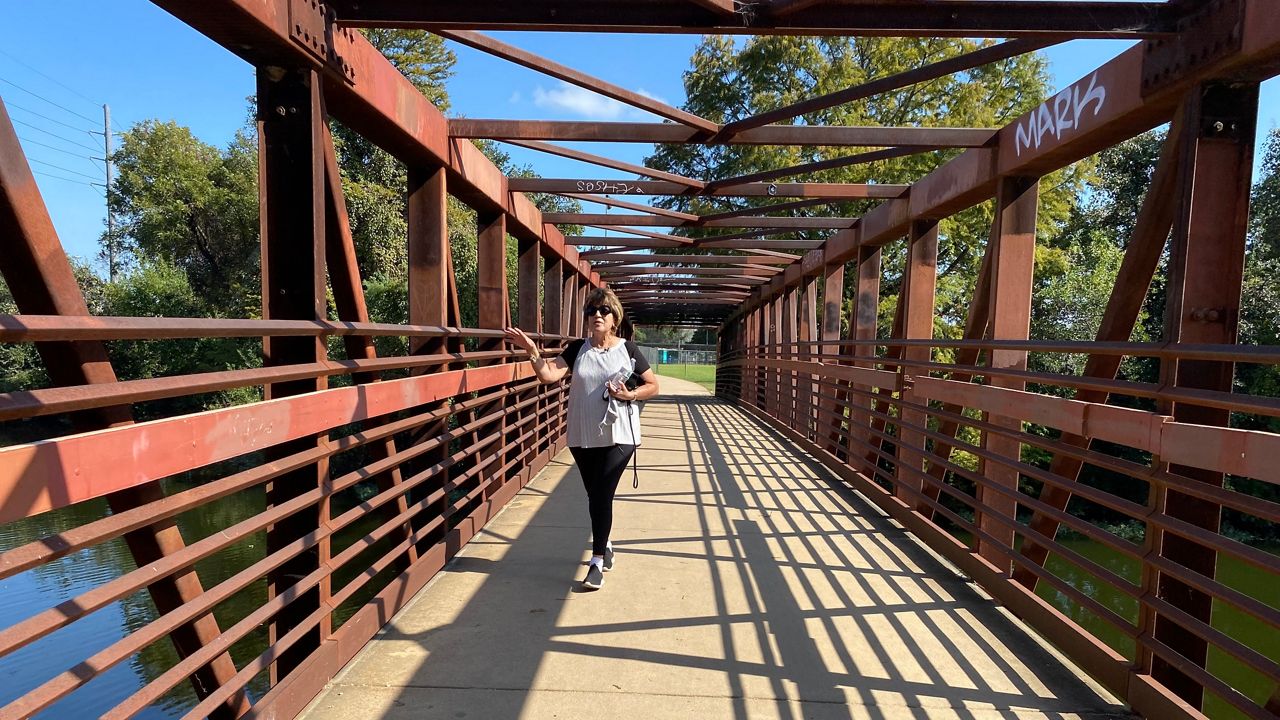
“I was born and raised in this area and I fought to preserve this area,” she said.
Her father was Edward Rendon, a well-known activist for the Hispanic community in Austin.
The neighborhood park is named after him.
“It’s so important that we know the history of this area,” Montoya said.
That’s why she and others are protesting Proposition B.
Educators, activists, neighbors and leaders of the Latina community gathered at the Edward Rendon Senior Metropolitan Park to ask voters to say no to the ballot measure.
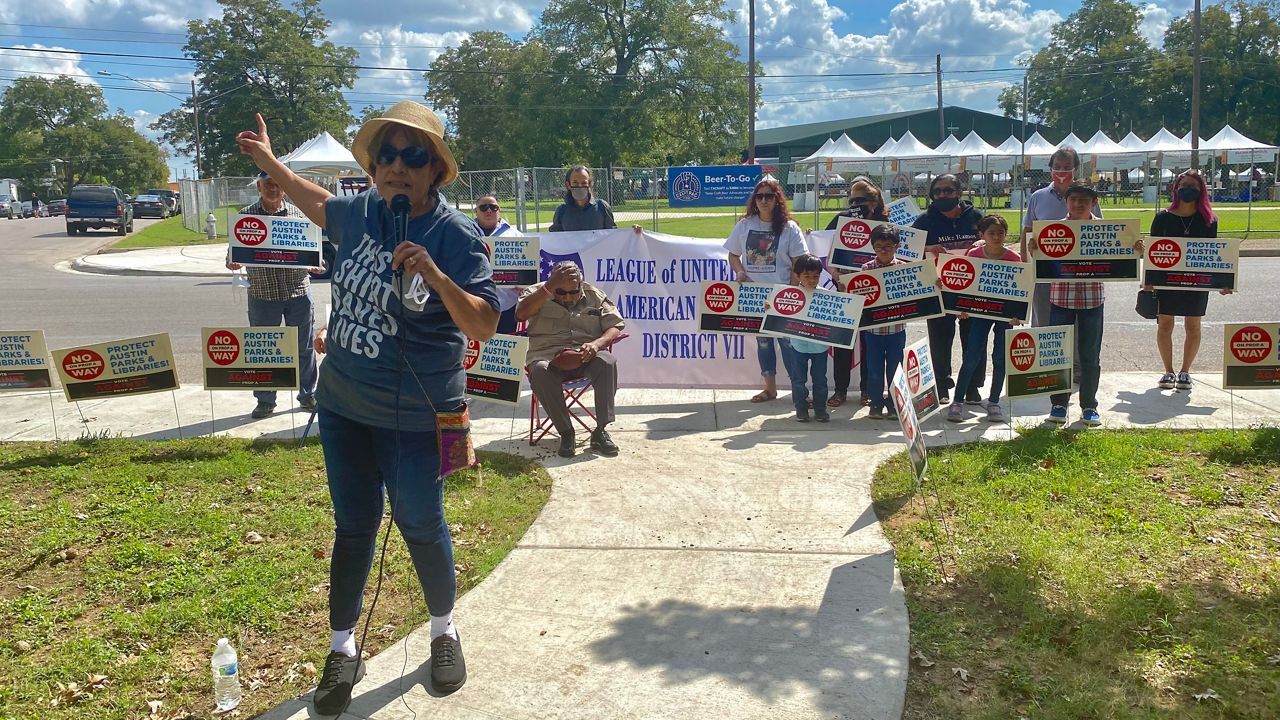
Martha Cotera with the Latina Policy Coalition says this property should be restored to parkland, not sold to a private company.
“If the council can do this with this piece of property, then what are they going to do moving forward?” she said.
Under Texas law and the city’s charter, public lands or parks cannot be sold, leased or moved without a public vote.
Cotera says no one asked the pubic for input during the planning process, so she says voters are being left in the dark.
“People are voting blindly on this proposition,” Cotera said.
THE PEOPLE FOR PROP B
Paul Saldana also grew up in East Austin not far from Fiesta Gardens, and he is in favor of Prop B. He says it will improve parklands, not take them away - especially the part of the plan that would restore Fiesta Gardens to parklands, which is currently a maintenance yard.
“You could also open up that space that’s never been available to East Austinites, certainly to the barrio in East Austin,” he said.
Saldana says Prop B has nothing to do with gentrification because it’s already happened. He was opposed to Oracle displacing Hispanic families from the Riverside community when they first moved to Lakeshore Boulevard. If Oracle wasn’t offering to pay for everything, he says he would be against the land swap. To him, letting a private developer pay for something the park’s department has failed to do is a no-brainer.
“There hasn’t been, in my opinion, enough investments made on dedicated parkland in East Austin, so I see this sort of as a win-win situation,” Saldana said.
The tech giant’s Austin headquarters are next door to the maintenance facility.
A spokesperson with the political group supporting Prop B, Grow Austin Parks, confirms Oracle America came to the city with the land swap proposal.
Mark Littlefield tells Spectrum News 1 that Oracle had been interested in purchasing the property and became aware of the city’s need to expand its location. Littlefield says Drive Austin Motorsports is under contract with Oracle and if Prop B passes, they will close on the sale.
Campaign finance reports show that Oracle is the PAC’s biggest contributor.
Spectrum News reached out to Oracle for comment. They have yet to respond.
FUNDING FOR PARKS
Spectrum News 1 reached out to the City of Austin to find out how current park dollars are being spent and why they aren’t being used for this project.
In an email, a spokesperson responded:
“The bond dollars have already been identified to be spent on the categories set out in the table above.”
Here is the table:

Out of the $149 billion in bonds, the Parks and Recreation Department has spent 19%. PARD funded more than 80 projects and 25 parkland acquisitions since the city council appropriated the funds in 2019.
THE MINORITY OPINION
Residents on Riverside also expressed concern with Oracle buying up more city property, which they say further increases rent prices in one of the last remaining affordable waterfront neighborhoods.
“There’s a developer coming into our neighborhood and making deals without the taxpayers knowing what’s going on,” Montoya said.
Even if it’s a good deal for the city, Montoya says this is bad for the barrio.
She says the focus shouldn’t just be on preserving parks.
“Environmentalists are not protecting the people. They’re protecting animals, or salamanders, or whatever,” she said.
For Montoya and others who share her views, swapping parklands for private companies is not for the people, it’s for profit.







